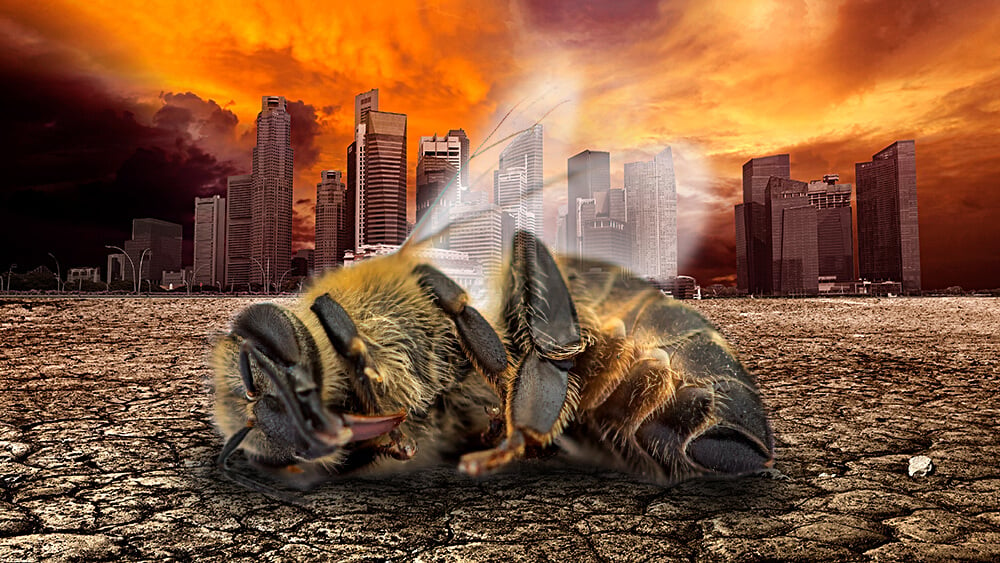
The media call it the “Insect Apocalypse”. In the past three years, the phrase has become an accepted truth of the journalism literati, and usually associated with such apocalyptic terms as “ecosystem collapse” and “food crisis”. The culprit: modern agriculture, which is often linked to the Brave Not-So-New World of GMOs and gene-edited crops and the chemicals purportedly used to support it.
As recently as last month, an opinion writer for the New York Times, Margaret Renkl, warned of the dark ages about to be ushered in by pesticides. She makes a case for preserving “weedy” backyards filled with blood-sucking mosquitoes and other human-threatening flying and crawling creatures of various species.
The global insect die-off is so precipitous that, if the trend continues, there will be no insects left a hundred years from now. That’s a problem for more than the bugs themselves: Insects are responsible for pollinating roughly 75 percent of all flowering plants, including one-third of the human world’s food supply.
Insect Armageddon, another popular
phrase, is now one of the most common tropes in science journalism. As
I’ve chronicled numerous times in recent years, (including here, here and here),
many journalists have echoed claims by environmental activists
advancing a succession of insect- and animal-related environmental
apocalypse scenarios over the last decade—first honeybees, then wild bees and more recently birds.
In each case they fingered modern, intensive farming, particularly crop
biotechnology and pesticides, as the culprit, and warned of the
terrible consequences in store for the Earth, including the mass
extinction of pollinators and the global famine that would surely
follow. In each case, small or poorly executed studies predicting
imminent catastrophes were ballyhooed by many in the media; in each
case, as more research came to the light, the hyped claims were
eventually retracted or dramatically readjusted.............To Read More....
No comments:
Post a Comment